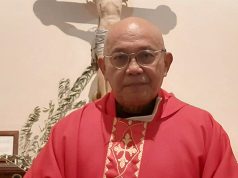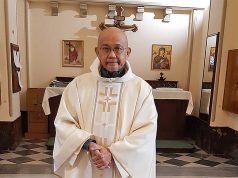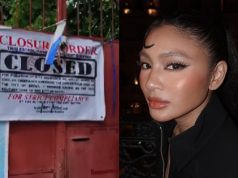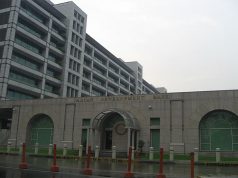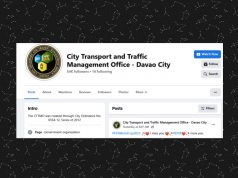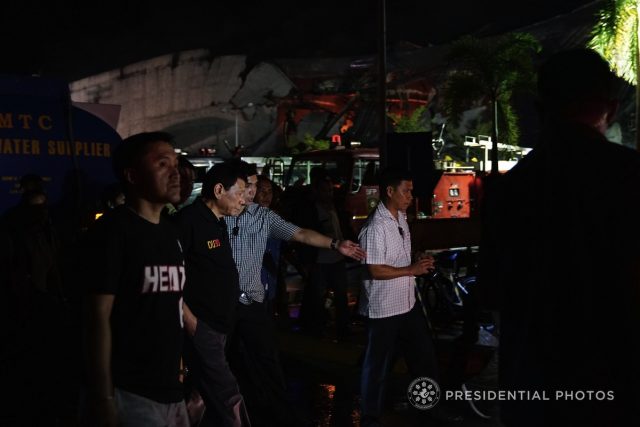
The fire over the weekend at NCCC Mall in Davao City, in which at least 37 call center workers died, is another proof that the core function of government’s Department of Labor and Employment (DOLE) and employers’ duty to comply with labor laws are not working in the country, according to Alan A. Tanjusay, Policy Advocacy Officer, ALU-TUCP.
“Had there been routine and objective workplace DOLE inspection of the mall, this deaths-causing fire could have been minimized to the barest damage to property. Due to DOLE officials’ negligence, workers’ lives is sacrificed, again this time at the cost of the 37 workers trapped to their deaths,” said Tanjusay.
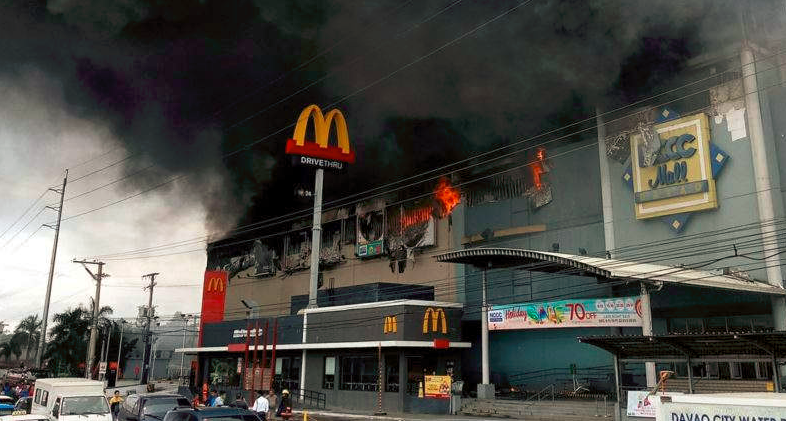
See also related stories:
Davao fire marshall explains why they couldn’t save 37 trapped in mall fire
Parallel probes of Davao fire begin as all 37 bodies retrieved from mall
Tanjusay said the Davao incident brought to mind the May 13, 2015 fire in Valenzuela City, where 74 workers perished at Kentex rubber factory despite the certification of compliance to general labor and occupational safety and health standards by DOLE.
The certification was issued without inspecting onsite the Kentex factory, which was found to be a warehouse designed for storage not appropriate as workplace for rubber workers.
From January to November this year alone, the ALU-TUCP monitored at least 70 workers were killed and 190 others injured in different workplace fire and mishap incidents across the country.
DOLE Department Order (DO)131-B, the Revised Rules on Labor Laws Compliance System, is the implementing rules and regulations of the Article 128 of the Philippine Labor Code that gives the Secretary of Labor the power to inspect work establishments in the country at any time.
This power is transferred to all DOLE regional officers and deputized to all 550 labor inspectors or Labor Law Compliance Officers nationwide. DO 131-B requires that all firms must be inspected using labor law compliance assessment checklist once every two years.
Firms that violate the checklist’s general labor standards are given 10 days to comply, while those violating the occupational safety and health standards are given 90 days.
“The SSI call center company must also be held liable for the deaths of their employees. If they could have complied with the labor inspection standards on the fire exits, sprinkler system, ventilation, lighting, noise, entry and egress specifications, and fire evacuation plan, possible harm could have been avoided. By wanting to save cost, their employees’ lives were paid for the heavy price of saving cost,” Tanjusay said.
Many call centers lease space in malls to save cost.
The ALU-TUCP is urging DOLE to order the transfer of all call centers to separate, independent buildings to prevent similar catastrophic incident.
To save cost and improve high margin of profit, Tanjusay said, there is a current trend in many parts of the country for call centers to rent or lease out working spaces in shopping malls rather than constructing a building specifically designed as round-the-clock work places.
“Call centers should have their own separate and independent building designed for human beings working on 24-hour work operation. Call center employees are not commodities and goods that can be consigned in a warehouse converted into work area,” Tanjusay added.
The DOLE’s occupational safety and health standard checklist requires all work establishments to have fire inspection certificate, fire protection equipment/facilities, fire extinguishers, fire hoses, fire detection devices, emergency exits, adequate aisles, passageways, proper office spacing, good housekeeping, materials handling and storage, waste disposal system, adequate lighting, work environment measure, noise pollution control, proper ventilation and safety and health organization plan among others.
ALU-TUCP is also recommending DOLE to shift from soft approach to hard approach in conducting inspection and assessment of all firms and work establishments in the country.
“We can serve a sense of justice to the victims by making the right corrective measures to our inspection rules. Now is the time that DOLE changes its soft inspection approach by allowing voluntary compliance of firms. Inspection must now be strong. Meaning, violation of labor general and occupational safety and health standards at first instance must be treated with strong and harsh punishment,” Tanjusay said.
“If we don’t do this now, many more workers will be made to sacrifice in the name of improving margin of profit and cost-cutting,” Tanjusay said.




